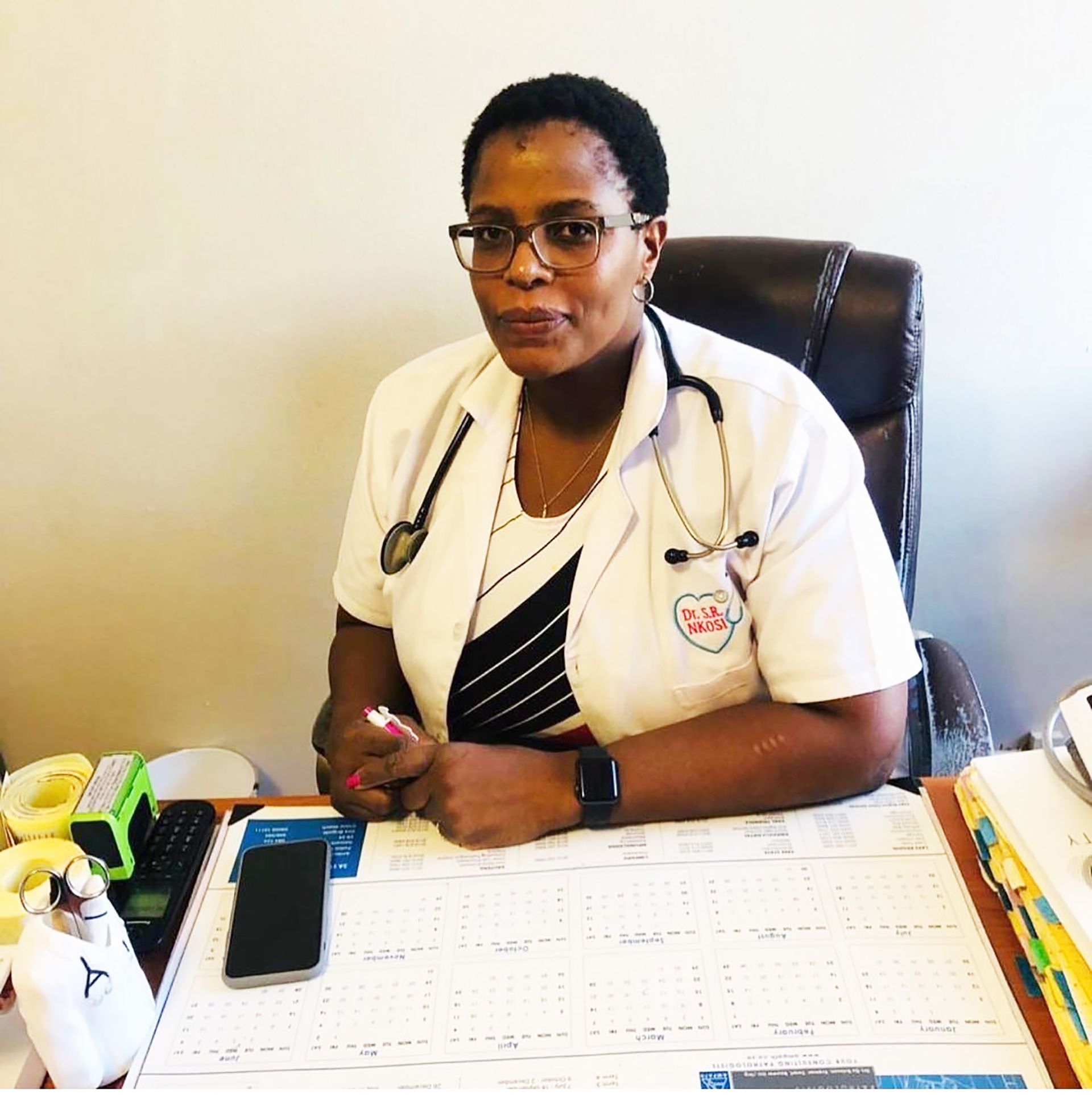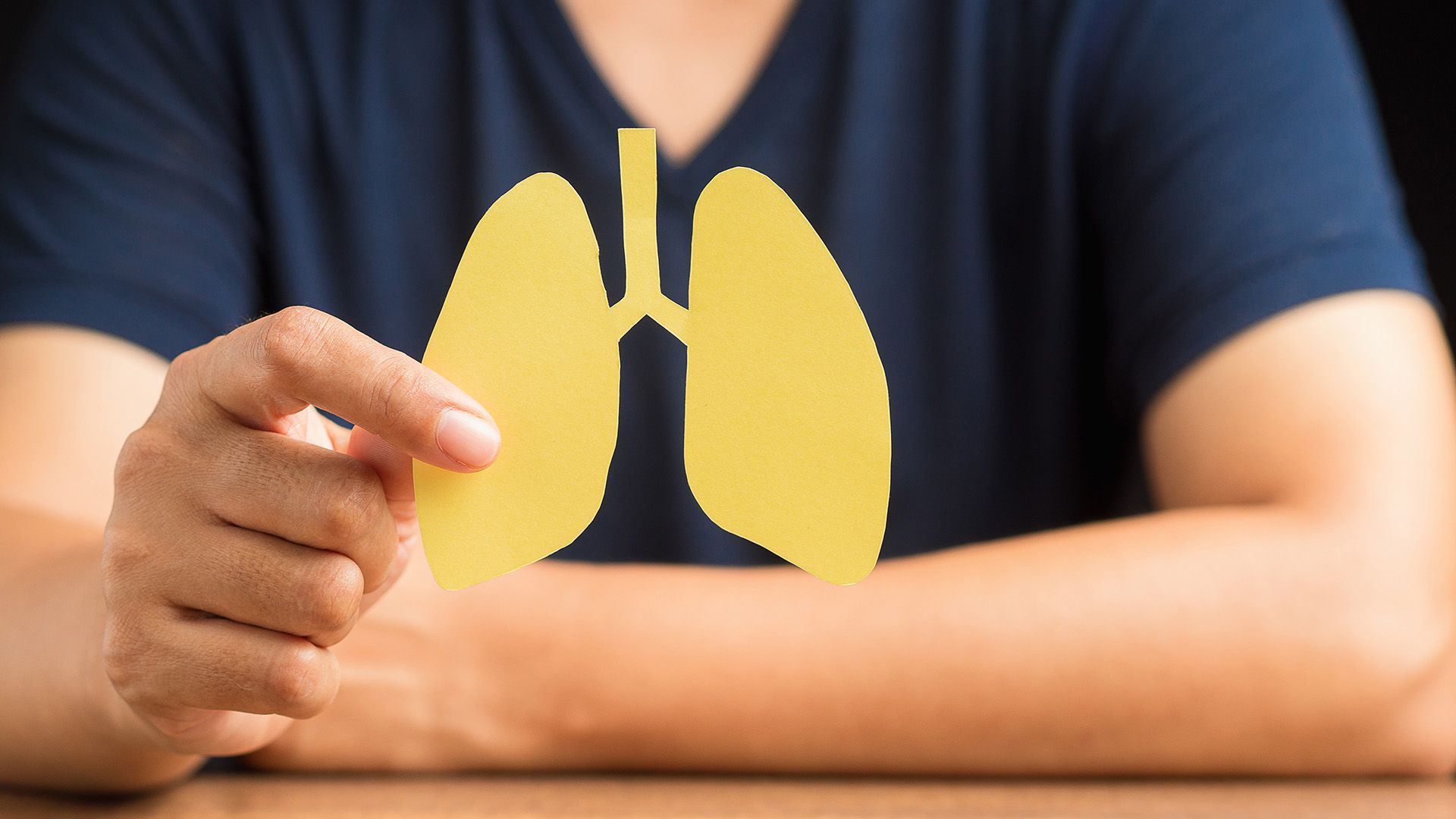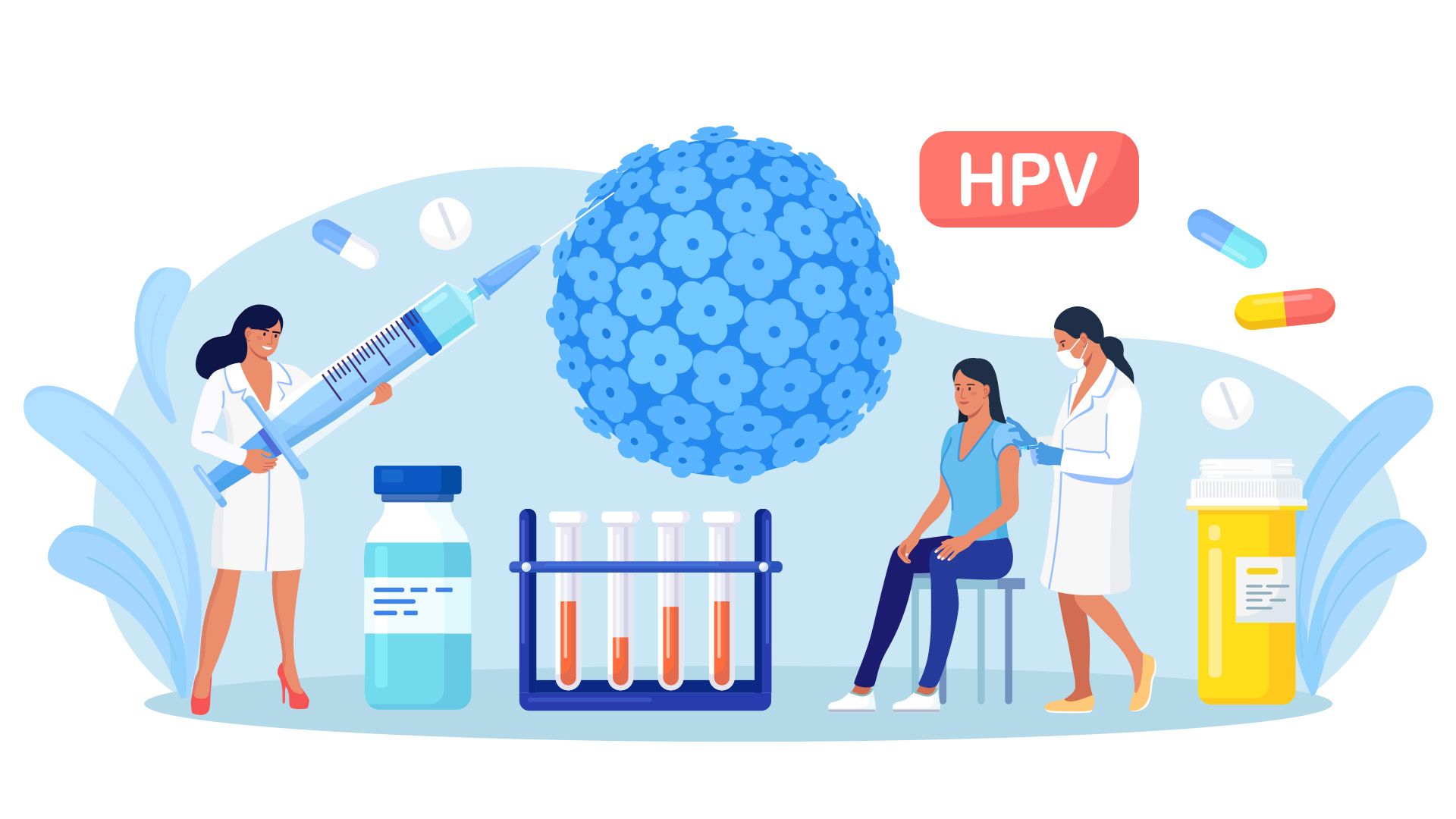Seasonal vaccines: Don’t stop at flu
Be fully protected with pneumococcal vaccination
As seasonal viruses start making their way across boardrooms, classrooms and all the spaces between, children and high-risk individuals must urgently receive the flu and pneumococcal vaccines to avoid serious illness, hospitalisation, and potentially fatal complications.
This is according to Josua Joubert, Chief Executive and Principal Officer of CompCare Medical Scheme, who notes that pneumococcal vaccination is strongly recommended for children younger than two years and adults older than 65 years, as well as those with underlying organ dysfunction, chronic heart, lung, liver, or kidney disease, and immunocompromised conditions.
CompCare noted a 10% increase in pneumonia admissions among its member base for 2023 compared to the previous year.

Dr Simangele Nkosi
“Overall, in 2023 the number of CompCare members claiming for pneumonia was higher in proportion compared to the number of incidents reported for southern Sub-Saharan Africa. This above-average trend could be easily reduced with vaccination, which is covered as a benefit by the Scheme,” he observes.
Dr Simangele Nkosi, Private Practitioner and CompCare Trustee, says that although numerous factors may contribute to shifts in recorded cases, vaccination remains the most effective defence against pneumococcal diseases.
Driving down the numbers
“The pneumococcal conjugate vaccine (PCV) protects against the bacterium Streptococcus pneumoniae, which causes many illnesses, from ear infections to meningitis, sepsis and, of course, pneumonia among others. Since being introduced into the expanded immunisation programme for infants and children in South Africa in 2009, children younger than five years experienced a 33% reduction in pneumonia-related deaths.
“Our adult population has also experienced some indirect benefits of infant vaccination. However, a substantial proportion of vaccine-preventable pneumococcal disease continues to occur in adults, particularly in those with underlying comorbidities or risk factors for developing respiratory infections.
“Furthermore, research shows that 32% of patients admitted for community acquired pneumonia had a cardiovascular event within 30 days. Common health concerns such as smoking, hypertension, diabetes, high cholesterol, influenza, and pneumococcal disease are well known as risk factors for ischaemic heart disease and for even inducing cardiovascular events,” she emphasises.
Dr Nkosi clarifies that while high-risk individuals must be vaccinated, it has also proven to be highly beneficial for those aged between 18 and 64 years to be vaccinated. Studies show a 77% reduction in community-acquired invasive pneumococcal disease (IPD) with the PCV13 vaccine, which protects against 13 types of pneumococcal bacteria.
There is also a 59% reduction in IPD cases with the PPSV23 vaccine in this age range – the pneumococcal polysaccharide vaccine, which protects against 23 types of pneumococcal bacteria. In addition, this vaccine has resulted in a 74% reduction in pneumococcal disease.
Joubert encourages all South Africans to consult their healthcare professionals about their vaccine requirements and the most appropriate choice based on age and risk profile.
“Medical scheme members covered for pneumococcal vaccination have every reason to use this preventative benefit, which medical schemes such as CompCare have purposefully included and paid for to protect member health.
“Preventative care benefits like these also assist members in conserving the funds of their medical scheme, which, after all, belong to the member base. Along with the flu vaccine, it really is one of the simplest and most effective ways to dramatically reduce your chances of serious illness and hospitalisation while reducing unnecessary healthcare costs,” concludes Joubert.













